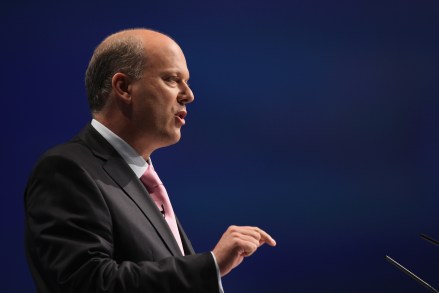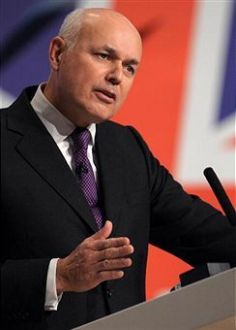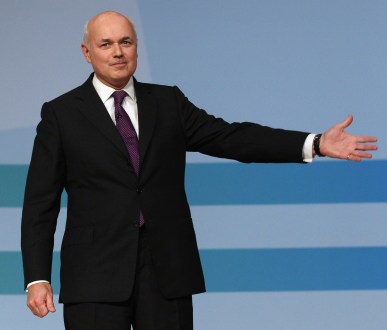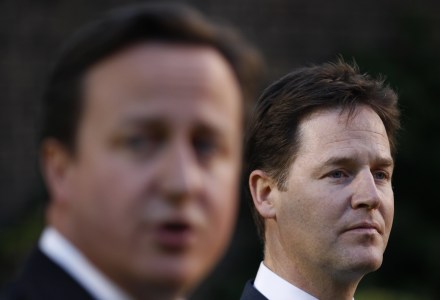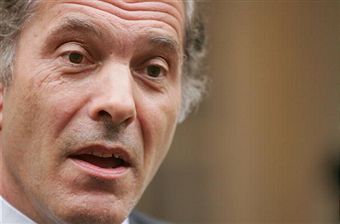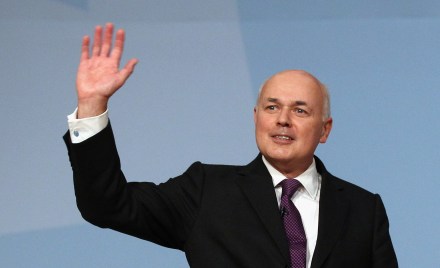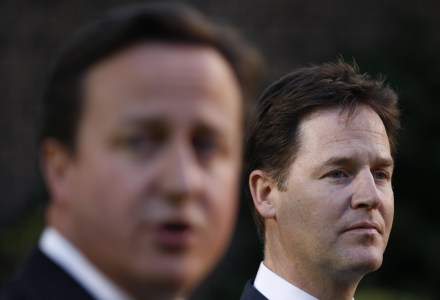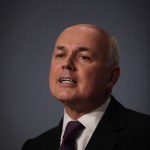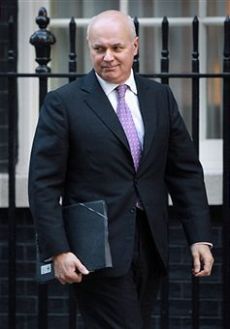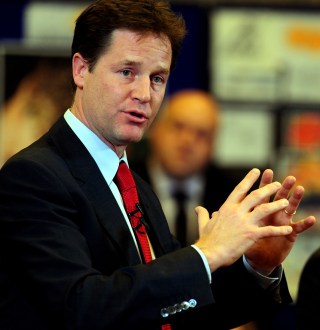Righting the wrong of sickness benefits
He may no longer be an MP, but the spirit of James Purnell lingers on. It was, after all, the former Work and Pensions Secretary who introduced the Employment Support Allowance as a replacement for Incapacity Benefit in 2008, with the idea of encouraging people – the right people – away from sickness benefits and into the labour market. And now we have one of the strongest indications yet of just how that process is working. According to figures released by the DWP today, 887,300 of the 1,175,700 claimants who applied for ESA between October 2008 and August 2010 failed to qualify for any assistance – with 458,500 of them
